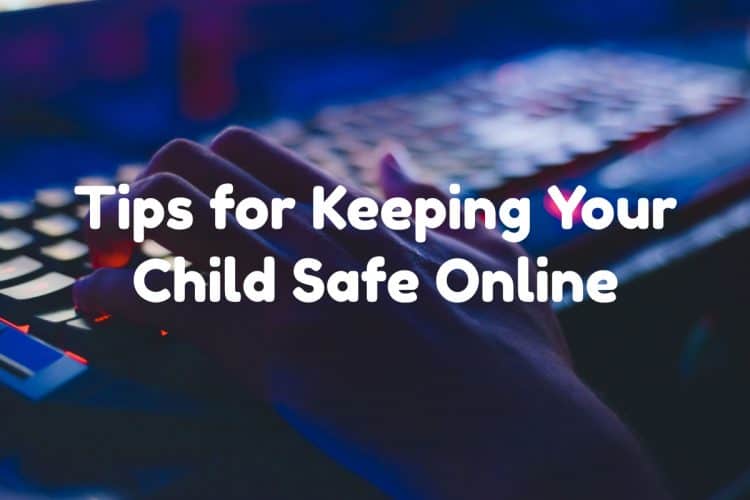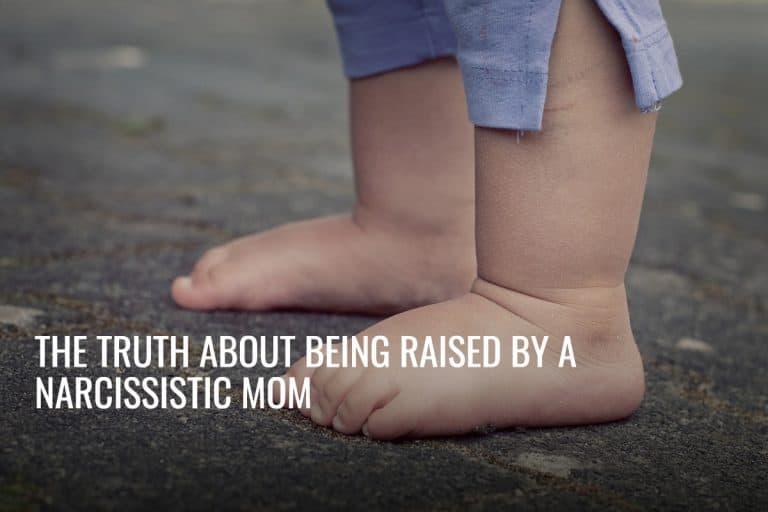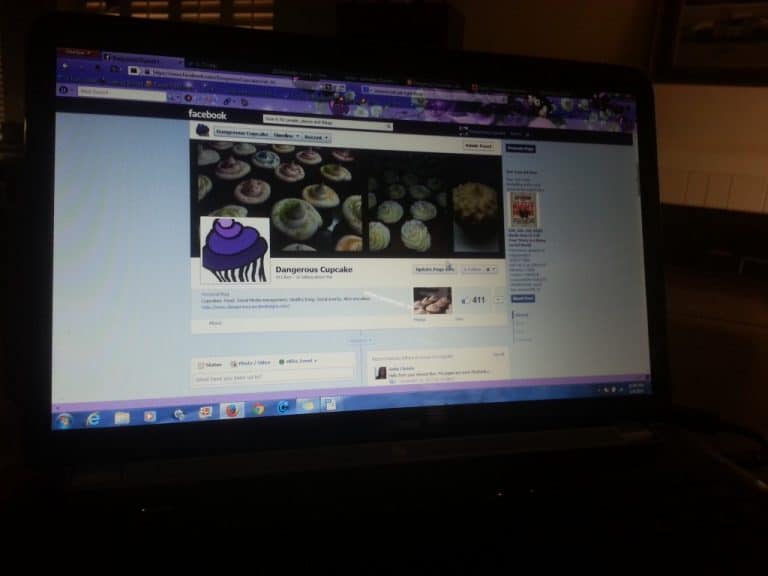Top Tips for Keeping Your Child Safe Online
Keeping your child safe online is a popular topic lately, but if you asked me? Not nearly popular enough!
I have four kids, so I’ve been supervising my childrens’ online activity for quite a while. As a social media and community manager, I see it from a professional perspective as well as the parental, and I’ve seen a lot of bad out there. The idea that a parent allows a child to use a computer without supervision boggles my mind! I see so many of my kids’ friends oversharing or using horrible vulgarity or just sharing completely inappropriate content and I truly don’t get it. It takes work, but it can be done.

Here are my top tips for keeping your child safe online.
Make them give you their social media channel passwords, particularly their Facebook password. (Obviously, as they get older, you don’t do this, but when my kids hit 14, we let them create Facebook pages.) This allows you to remove people or content — not just your kids’ but others comments/shares as well.
Choose your mountains. For us, vulgarity is a no-no if they’re under 18. (I don’t even like it on my page from someone else — I don’t mind reading a blog piece with profanity, but I don’t like it displayed on my wall to everyone else.) Another no-no is sharing personal information; family squabbles are not Facebook fodder. We also do not allow friendships with people they don’t know in real life or have some real relationship with. Another one that we employ that is harder to enforce is the friending of adults other than family members or friends’ parents, and even then? Some of the worst comments my 18 yod has seen on her page are that of her friends’ parents! (Adults, seriously…re-think your teen interaction…there’s a distinct difference between normal chat and creepiness. If you friend them, they see your chatter as well.)
Limit their online time. We don’t allow cellphone usage at the dinner table or while doing homework.
If your child is on the younger end, don’t let them friend anyone unless you give your blessing first. This helped with my overtrusting child, as he couldn’t see that friending his neighbor or a teacher who was too intrusive was a problem until we explained it.
We read their Facebook walls daily until they were 18. (And honestly, I still keep an eye on my 18 yod’s wall…she’s had a couple of overzealous small-towners from our brief visit to the south bash her for her viewpoints.) Interact as necessary but reserve it for when you really need to jump in. Talk with them about the proper way to resolve a problem rather than just doing it for them. You aren’t the parent of other kids, just your own. (That’s something a whole lotta people could stand to remember, not just for online dealings!) We want to know what they’re up to online, who their friends are, and if there’s anything inappropriate. No, this isn’t an invasion of privacy — it’s happening most likely in your own home OR on a phone you’re paying for, and if they’re showing it to the general public, why not you? Teach them early: there is NO privacy online, no matter what you think. Even if they delete something, it’s still out there for others to see. You can’t take anything back. Ever.
Teach them online safety protocols, such as: don’t ever share your full name with a stranger, where you will be at a certain time, if you will be alone, or even things like what school you go to. (We personally know two families involved in a nasty situation where they were ‘trolled’ by fake personas on Facebook and got themselves into a potentially dangerous situation at a park. Let’s just say the police were involved, and good thing. The trolls had bad things planned. It really does happen, and not just in the newspaper to other people.)
Talk with them about online discussion overall. So many kids anymore turn to social media when they’re upset instead of turning to an adult. I suppose social media fills a need for some kids who have no one else, but most kids don’t need to be online saying how upset they are about a fight with their girlfriend or how angry they are about a broken phone. Social media is good, but it doesn’t replace human relationships offline. Teach them to still nurture those first, and seek one of them out when they need an ear. (And no one likes the attention-seekers who only come to social media to drop hints that they need your sympathy or their bad day is worse than anything anyone else can ever, ever imagine.)
If we catch them young, we can guide our kids to using social media appropriately. As a parent, we may not like everything we see online and it may just be one more thing to do at the end of a busy day, but the day we give them permission to use social media, we obligated ourselves to supervising it. Social media usage is a privilege, not a right. “Everyone else does it” doesn’t make it right either. Teach online responsibility and personal safety. Keeping your child safe online will help them in the long run and keep them safe now.






This is a very important subject for me and my family. As a computer nerd, I took the time to write several posts on this very topic. I have put a link to one of my posts in the website area. I don’t think that kids realize the real dangers that are online. People out there pretend to be someone they aren’t, are looking for people to take advantage of, and they prey upon young naive children. This is why it is important for parents to monitor what their kids are doing online.
Social networking sites like MySpace, Facebook and Twitter help teens and adults across the globe stay connected. But what about kids and tweens? What social networking options does the younger set have?
Pansy, I have yet to find anything that I would send my 12 yos to. I think in some cases, he’s too young even if I found a good place because even if I supervise him, a lot of others aren’t. He has played Club Penguin and Toontown so he gets some interaction without full-on chatting capabilities. If you find a place, let me know? Thanks for posting!